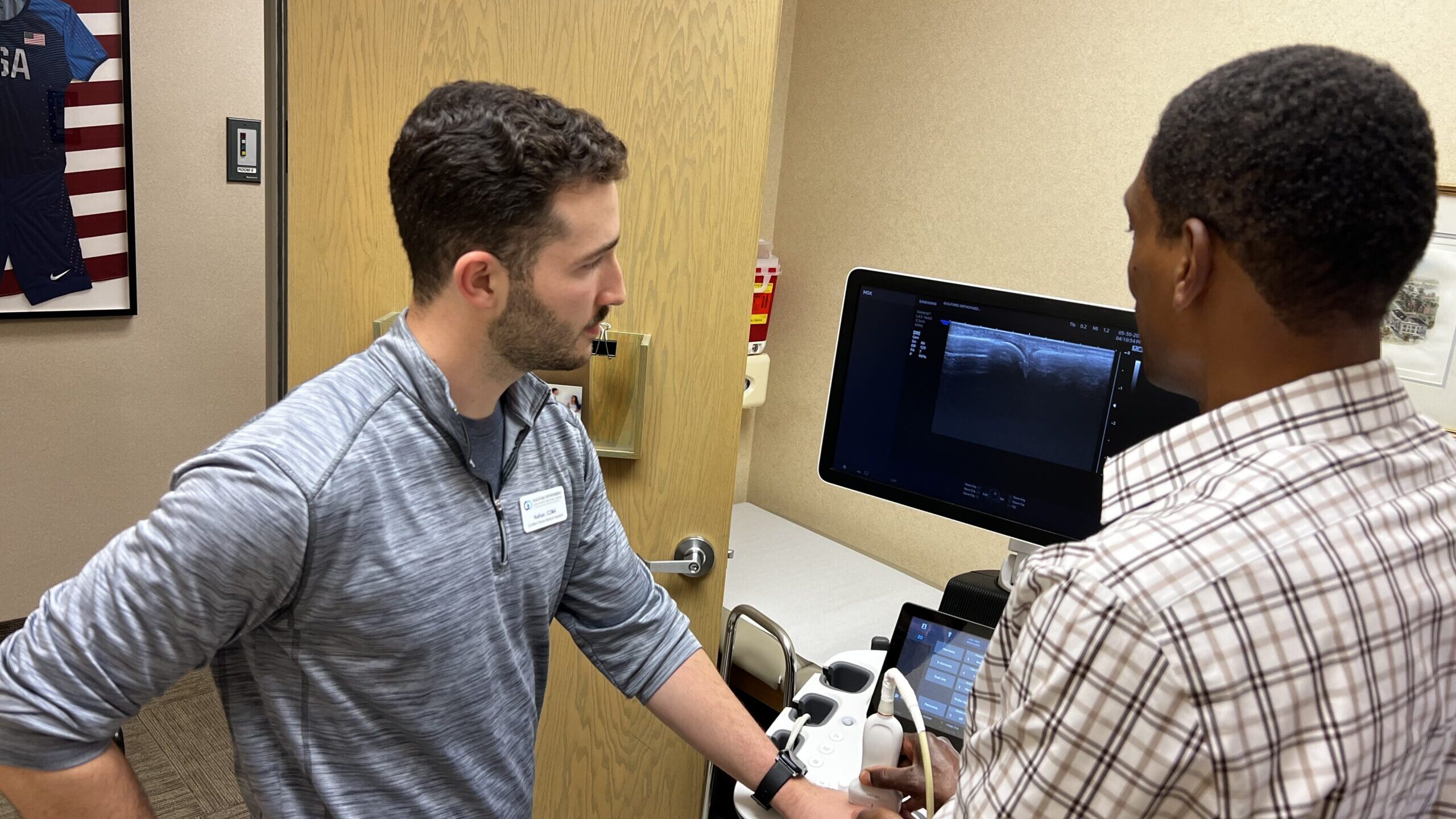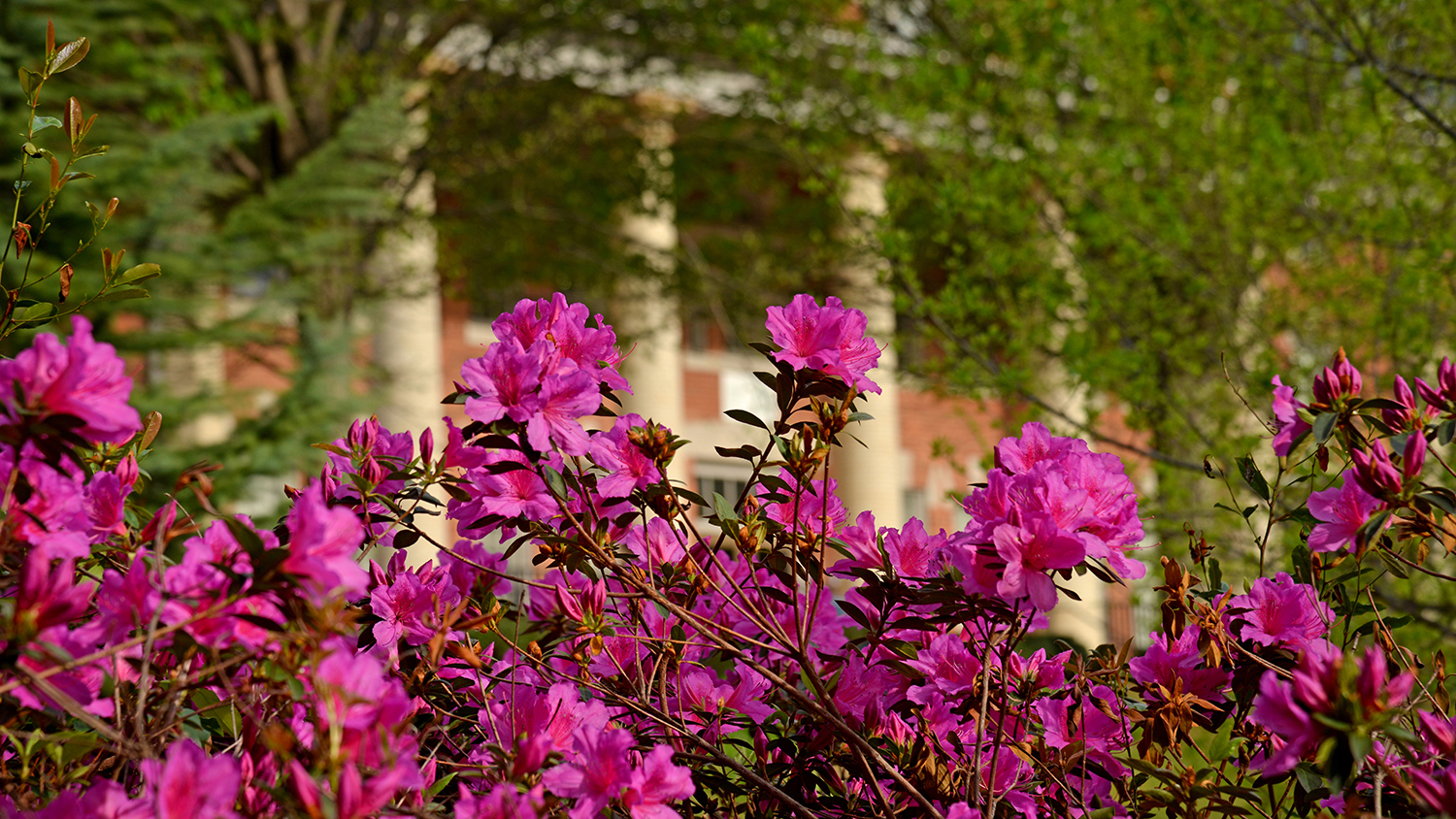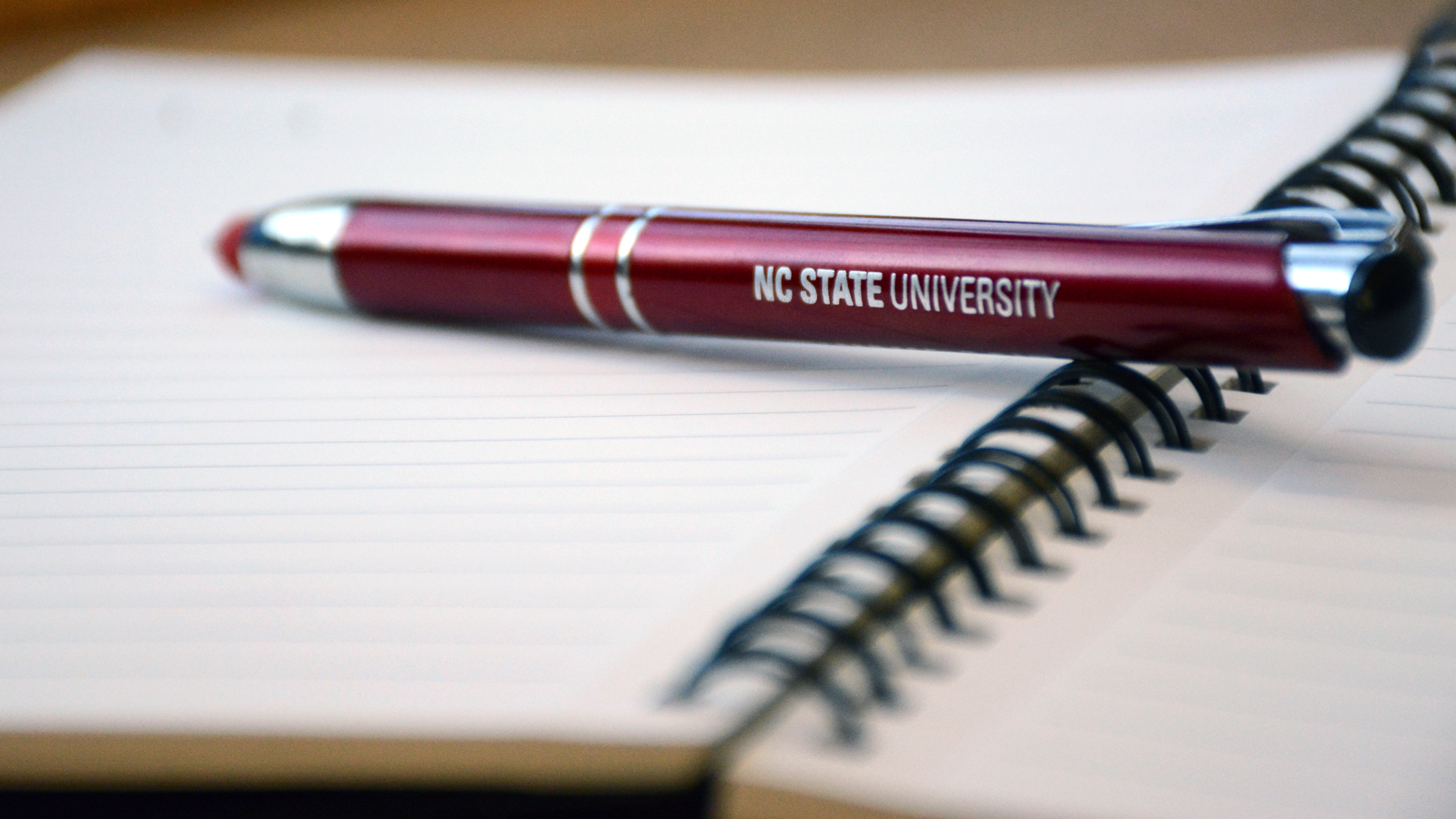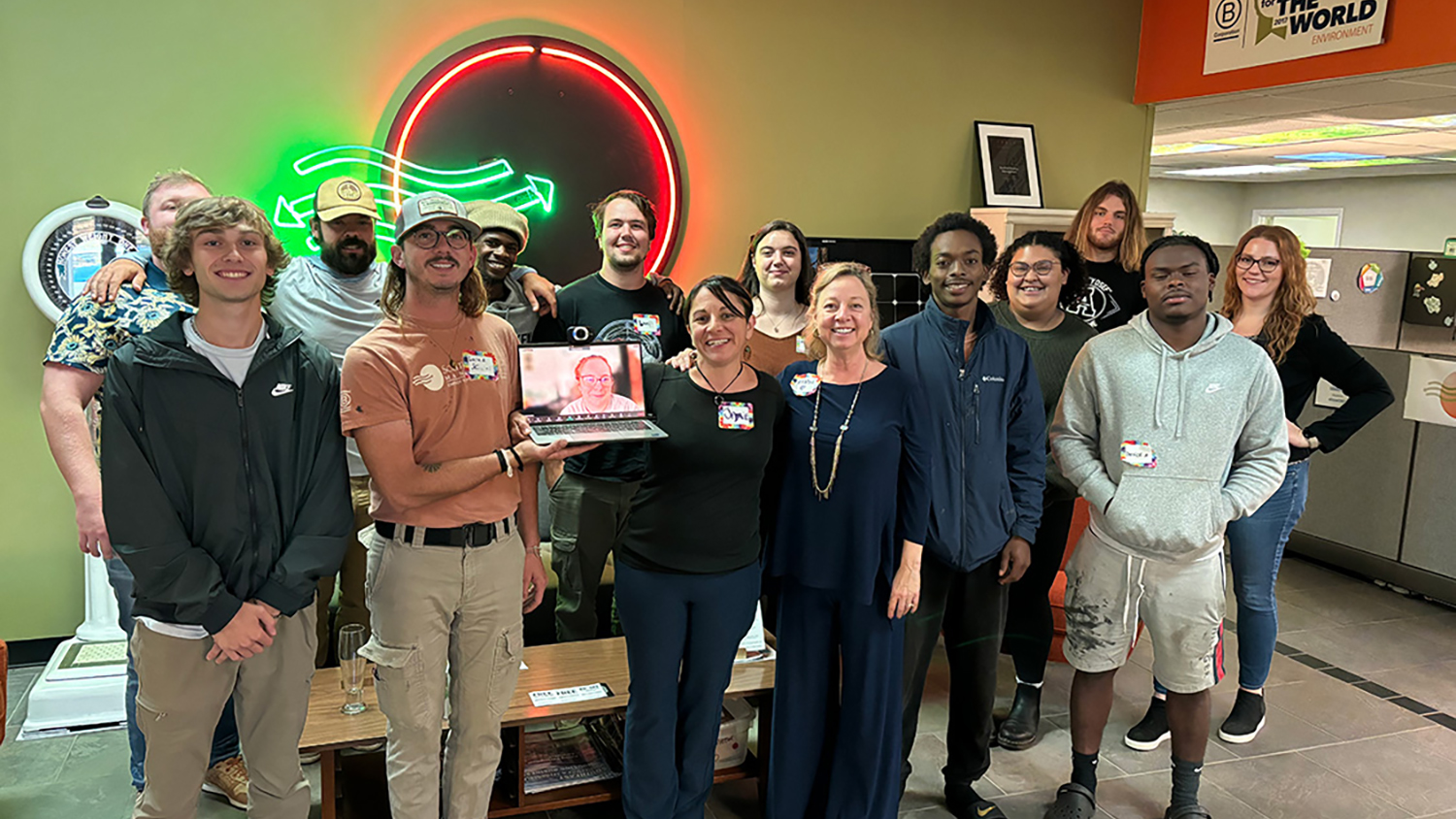At first, alumnus Nathan Adams’s path to medical school may seem unconventional.
Rather than choosing a traditional pre-med major like biology or chemistry, he graduated in 2021 with a B.A. in English with a concentration in language, writing and rhetoric. But if medicine, as has been said, is both an art and a science, then it is foreseeable how Adams’s choice guided him to UNC-Chapel Hill’s School of Medicine, where he begins his medical training this summer.
“The Canterbury Tales got me into medical school,” said Adams who also earned a minor in biological sciences.
His passion for literature, mainly Middle English works, dates to his high school years as does his desire to become a physician.
“To me, a satisfying life would involve combining both of these things under one roof, and it was at NC State that I began to do so,” he said.
We caught up with Adams to learn more about how his English degree helped him get accepted to medical school, interact with patients and doctors as a medical assistant at an orthopedic surgery office, and more.
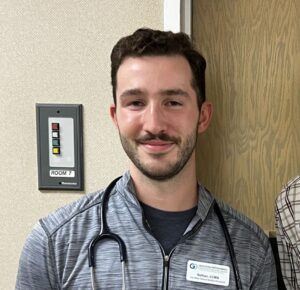
How did your English degree help you get into medical school?
During my interviews, I was consistently asked about my experience with Middle English literature and why I thought English, in general, is so valuable. I told them that understanding literature and language across extensive periods helps connect us to the deeper humanity we all share, which is ultimately why I’ve decided to practice medicine.
My writing knowledge proved exceptionally useful when it came to composing my personal statement, in which you synthesize your desire to commit your life to a profession in two pages or less. While I certainly wouldn’t consider myself a writing expert, my intense training in writing persuasively, professionally, convincingly and genuinely vastly improved my personal statement.
How did your degree help with your Medical College Admissions Test (MCAT)?
English taught me to think critically and expansively, skills that helped with the MCAT, particularly in the critical analysis and reasoning section.
The content and scope of things discussed, ranging from world literature and cultures were made much more accessible as a result of my studies in English. Because of this, I did not need to dedicate as much time to studying these sections as I did to the others.
Why do you want to be a doctor?
The reason is due in large part to my father undergoing two major musculoskeletal operations when I was in my early teens. I want to work in a field where I’m able to change a patient’s life as drastically as my father’s life was changed when he regained the function of his knees following total joint replacement. Any career that could be so impactful on the quality of one’s existence is one worthy of pursuing;
How does your degree help you with patients?
I find the (interpersonal) skills I learned at NC State essential in my patient interactions. Examples include framing delicate situations in individualized ways and providing compassion and empathy when delivering sad news or assisting in a painful procedure.
A physician’s scientific knowledge is critical to evaluate and diagnose a physiological condition. However, this knowledge alone does not let you relate to individuals receiving some of the worst news of their lives. It is in the more tender and personal interactions that a strong background in the humanities is invaluable.
For instance, I talked with a patient — who was no older than me and diagnosed with bone cancer — like I would a friend, and did my best to make sure he did not feel alone in his struggle. Even though I could tell he was filled with dread, what makes a situation even more frightening is being bombarded with medical jargon that not everyone can understand. This individual must first be understood on his terms and a human level. Medicine requires the ability to establish a true human connection and the desire to help those at their most vulnerable.
Would you change anything about your path to medical school?
The only thing I wish I could change would be to take more electives within the College of Humanities and Social Sciences. Because the pre-med curriculum and the English major do not share an overabundance of co-requisites, all my free electives were taken up with required courses for medical school.
That aside, my experience was exceptional since it enabled me to study my passions simultaneously, leading me to medical school and the career I have always dreamed of.
What advice would you give to someone applying to medical school?
My first piece of advice is to shadow a doctor. It seems very basic, but it might be an eye-opening reality check if you don’t know exactly what the job entails.
I also recommend choosing a major that you are truly passionate about. Everyone going into medical school is required to have a strong foundational knowledge of the core sciences. If your passion is in biology, major in biology, but if your passion is elsewhere, just know that you can major in whatever you find the most interesting so long as you become well-versed in the sciences.
In addition, I would tell them the road to becoming a doctor is like an ultra-marathon, isn’t always linear and can be draining. Don’t forget to enjoy your life and those around you throughout the process because you cannot effectively take care of others if you aren’t taking care of yourself.
- Categories:
